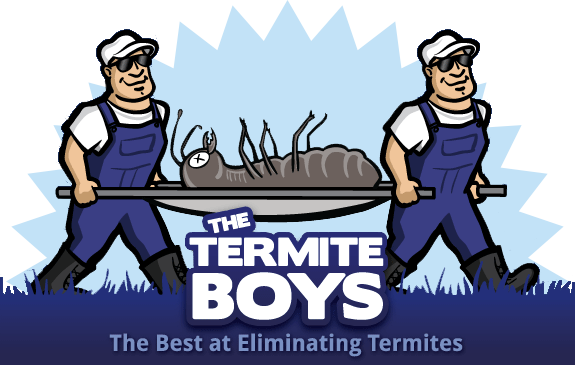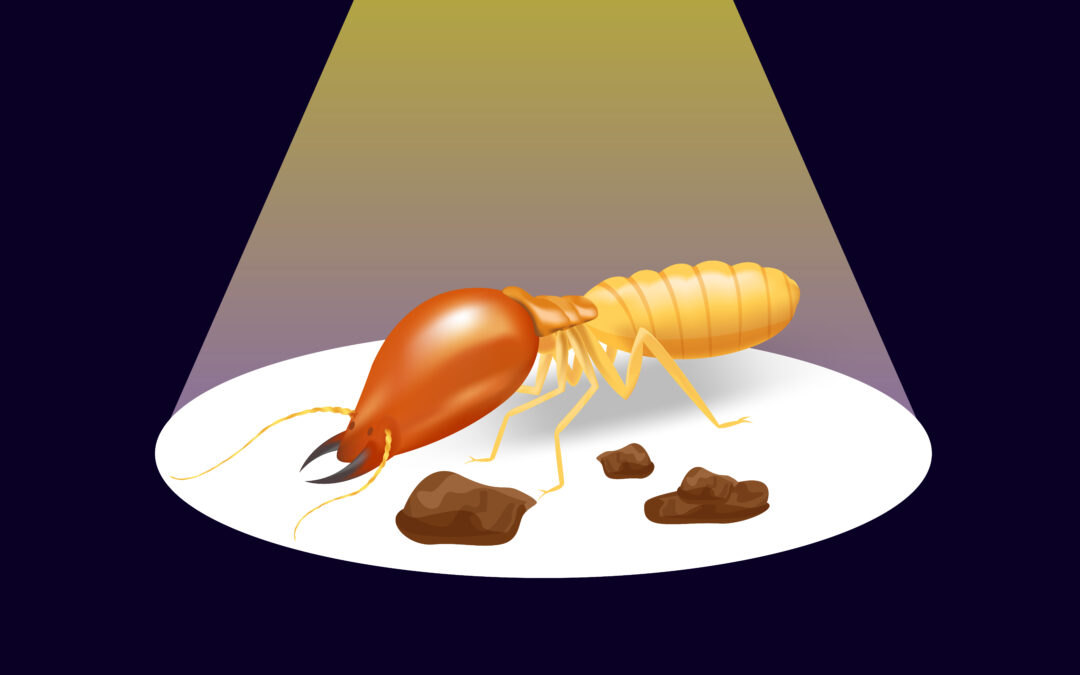One of the treatments available to homeowners dealing with termites is the borate wood preservative. This preservative is absorbed by the wood and will protect it from termites. Let’s take a look at this treatment option, its benefits and its cons.
How borates work
Borates are a natural insecticide that are made out of a chemical compound of boron and oxygen. They come from minerals from around the world, and when they are applied to wood under pressure, they will soak the material and provide long-term protection against termites.
When termites eat wood that was treated with borates, their metabolic system will be disrupted, and they will no longer be able to process food correctly. Basically, the termites will die of starvation after a while. Slow-acting termiticides do more damage to a colony, because treated wood will be shared among the colony killing off more members.
Borates have the added benefit of protecting the wood against carpenter ants as well. While carpenter ants do not eat the wood, the borates will stick to their bodies, and when the ants groom, they will ingest the insecticide and then die.
When borates do not work
Borates are good for keeping certain pieces of wood protected, but if you already have an active infestation, they will not be able to do much to stop it. For example, if you build your home with untreated wood, certain pieces of wood will not be accessible for treatment, and they will be vulnerable to infestations. In this situation, you will need to use liquid barriers, baiting systems or fumigation to completely remove an infestation.
In short, borates are effective in two situations: when you pretreat wood before using it for construction, or when you are removing drywood termite infestations from pieces of wood that are out in the open.
Find out more
If you are not sure whether borates will be effective for your situation, we can help you out. Get in touch with us, and we will schedule an inspection to determine the extent of the termite infestation, and then advise you on the appropriate treatment. Sometimes borates are enough, and sometimes, you will need to address the colony itself, which may be in the ground somewhere near your home. For more information, contact us today with any questions you may have.

